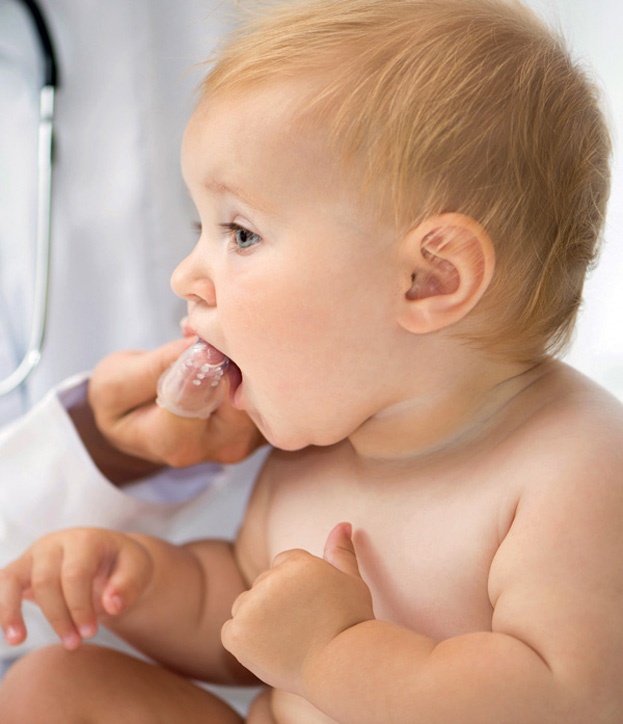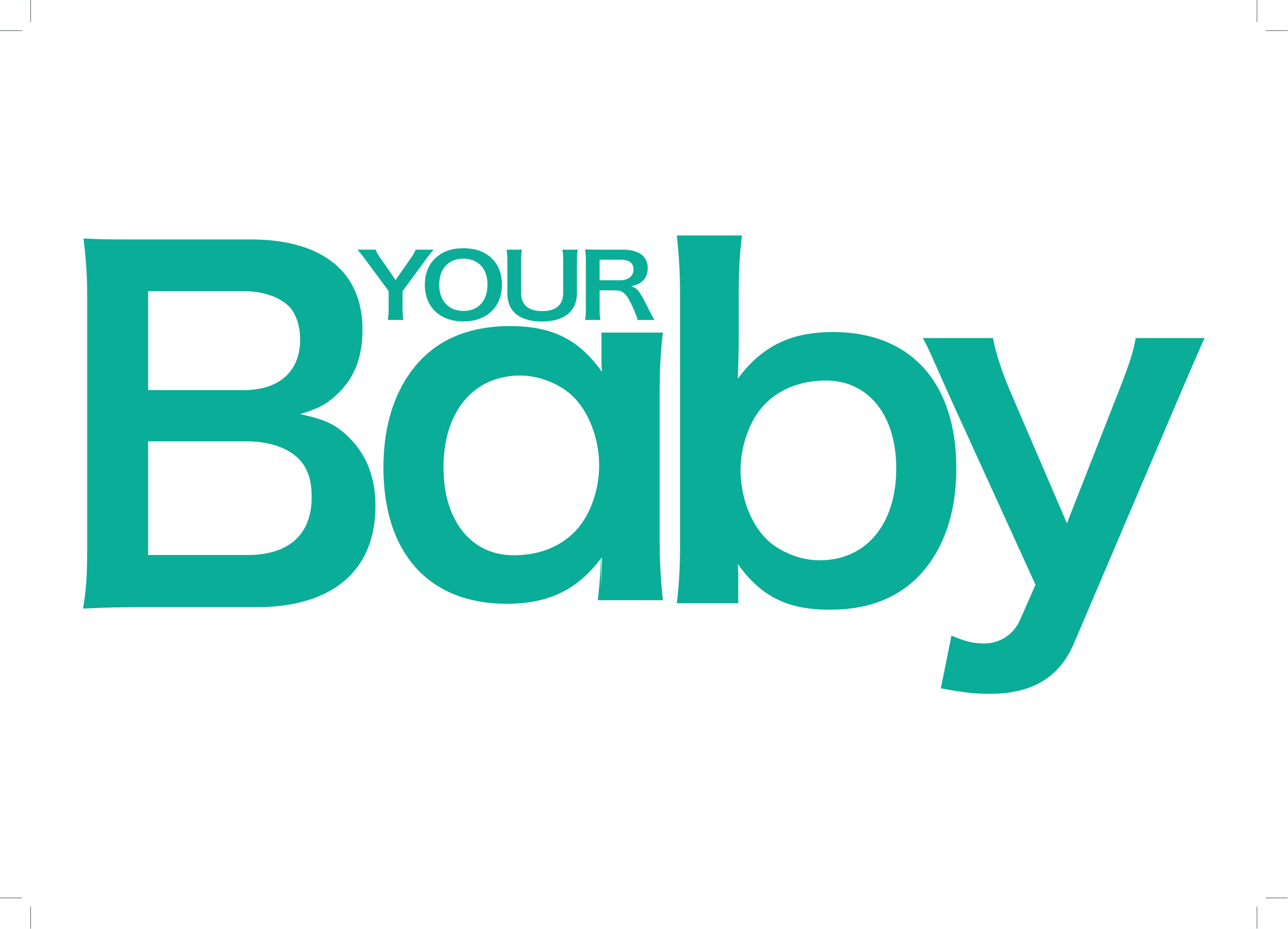
Swollen gums, drooling, restlessness and chewing on fingers or toys are all signs that indicate your baby maybe teething. While some parents sail through the teething process with their babies, others experience frustration. There is no telling how long or uncomfortable the process will be for each baby, but the advice of trusted dentists and other parents will help ease you through this period as your baby’s pearly whites appear.
The basics of teething
Dr Marike Lourens, a dentist from Intercare Glenfair in Pretoria, says that the appearance of the first tooth usually takes place at about six months old. In some babies, this may occur sooner and even later in others.
“The lower incisors are first to erupt followed by the eruption of the 10 upper and 10 lower teeth until about the age of two. In rare cases, a baby might be born with a tooth already in the mouth, which is called a neonatal tooth. This can be removed if it causes irritation for abreastfeeding mother,” says Dr Lourens.
She says teething should not be seena s a cause of any form of infection. No rupture of the gums occurs and there is no bleeding. No infection means that there should not be a fever. A tooth does not cut through the gums, but the layer that covers the tooth germ fuses with the gums. There is no wound that becomes infected or a place where bacteria can enter the bloodstream.
“Sometimes when eruption takes longer, there can be fluid accumulation between the new tooth and the layer that covers it. This is called an eruption cyst and will appear as a swelling on the gum, which may even be bluish in colour. Eruption cysts are not painful and should resolve on their own,” says Dr Lourens.
Ease baby's emerging teeth
To help teething along, Dr Lourens recommends giving your baby chewtoys and rough foods to chew such as biscuits, apple slices and bread crumbs. Ease discomfort by massaging your baby’s gums with a clean finger. She adds that teething gels are only a topical anaesthetic and will wear off quickly so shouldn’t be used too often, and you shouldn’t give your baby systemic painkillers.
“Keep your baby’s new teeth clean from the moment they show through the gums by wiping with wet gauze or brushing with a baby toothbrush twice daily. There are different schools of thought about when to take your child for their first dental visit. I believe the right time is from about the age of three or four once the child understands the idea of an annual dental visit. However, if you notice problems before, you should seek the advice of your dentist,” says Dr Lourens.
Important facts
- Teething may start as early as three months or as late as twelve months. The first teeth typically appear between six and nine months. Teething can take several years for all 20 teeth to complete eruption and teeth typically arrive in pairs.
- Though the process of teething is sometimes referred to as “cutting teeth”, when teeth emerge through the gums they do not cut through the flesh. Special chemicals are released within the body causing some cells in the gums to die and separate, allowing the teeth to come through.
- Many parents say that their babies experience a low grade fever while teething, or even slightly runny tummies. Always get these symptoms checked by a doctor to rule out illness, as teething also occurs when babies become more mobile and inquisitive and are exposed to more germs, meaning they get ill more often than before.




 Publications
Publications
 Partners
Partners










